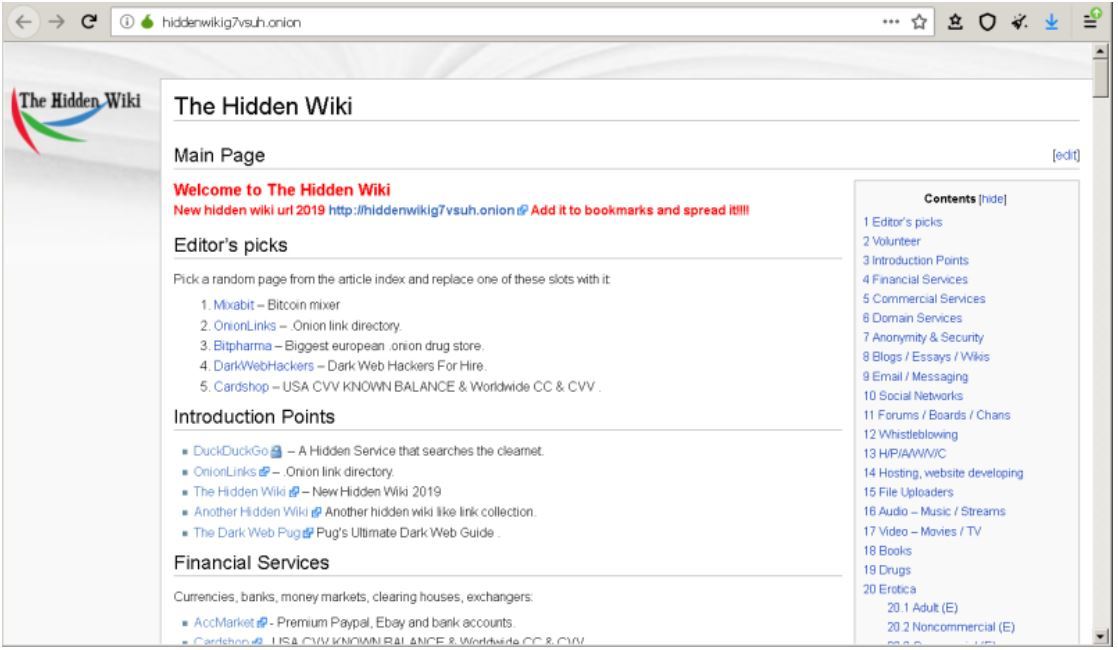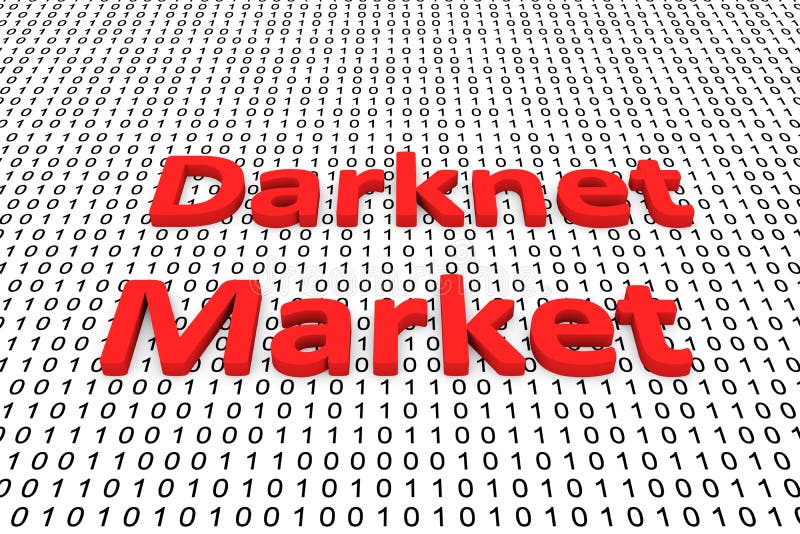Veiled Transactions: The Mystique of Dark Web Markets

In the depths of the internet lies a vast and mysterious realm known as the deep web, a space often enveloped in mystery and misconceptions. This hidden underbelly of the World Wide Web is home to a myriad of online markets where goods and services, both licit and illegal, are exchanged in a way that questions conventional economics. The appeal of deep web markets is not just in the anonymity they provide, but also in the distinct economic systems that have emerged within them. Here, digital currencies reign supreme, and transactions take place with a degree of confidentiality that traditional marketplaces cannot replicate.

As society grapples with the implications of this hidden economy, understanding the intricacies of dark web transactions becomes essential. The shadow internet serves as a fascinating case study in how trust, reputation, and innovation can thrive in a environment often associated with illicit activities. Through the perspective of deep web economics, we can explore the motivations behind these hidden transactions, shedding light on the intricate interplay between supply and demand in an unregulated marketplace that operates well from the watchful eye of state oversight.

Grasping the Darknet
The Darknet is a section of the internet that is unindexed by conventional search tools and demands specialized software to reach. It exists within a more extensive framework known as the underbelly of the web, which contains all data that is inaccessible through normal browsing approaches. The Darknet is often linked with anonymity, allowing individuals to engage in activities that may be illicit or debatable without easy tracking. This characteristic has led to its mystique and the fascination it possesses for both the people and governments.
Individuals access the Dark Web primarily through specific applications such as Tor, which hides their online activity. This system routes web traffic through a series of community-run machines, making it hard to identify individuals' real-world locations. While this privacy enables various legitimate activities, such as defending the privacy of informants and reporters in repressive regimes, it has also given rise to more troubling elements, including illegal markets, cybercrime services, and the circulation of forbidden products.
Dark Web markets are a prominent feature within this secret side of the internet, offering goods and services that vary from everyday products to illegal drugs and firearms. Deals on these sites are typically conducted using digital currencies to further guarantee privacy for both clients and vendors. The dispersed nature of these platforms, along with the complexity of their functioning, creates an environment where traditional economic theories can be witnessed in unexpected ways. This unique marketplace tests established notions of commerce and raises questions about oversight, juridical aspects, and moral implications in our ever more online world.
Economic Forces of Shadow Markets
The financial dynamics of shadow markets is complicated, characterized by secrecy and a distinctive supply and demand relationship. Sellers often operate under pseudonyms, allowing them to engage in transactions without revealing their true identities. This anonymity can attract a wide range of items, from lawful items to illicit items like narcotics and cyber services. The demand for these items creates a environment where prices can change dramatically, influenced by elements such as the risk associated with the products and the supply levels presented by vendors.
Confidence and reputation play crucial roles in these economies. Vendors establish credibility through feedback systems that allow buyers to review their experiences, cultivating trust in an environment where transactions are naturally hazardous. Fresh vendors often struggle to gain ground as customers tend to favor known sellers with strong ratings. This creates a contested environment where effective promotion and support become key components for endurance and prosperity in the industry, thus impacting overall financial systems.
Additionally, shadow markets are often short-lived, with law enforcement repeatedly working to shut down operations. darknet market This uncertainty adds a dimension of urgency for both customers and vendors, influencing purchasing behavior and market stability. As platforms emerge and vanish, they often drive the creation of innovative marketplaces, pushing the envelope on innovation and safety protocols. The changing environment reflects a unique economic model that thrives on both creativity and danger, showcasing the contrasting nature of opportunity and peril that defines shadow transactions.
Risks and Ethical Considerations
Engaging with dark web markets carries significant risks, both juridical and personal. Many of these platforms operate beyond the control of law enforcement, but this does not mean to protection for users. Law enforcement agencies have become more sophisticated in tracking illicit activities online, leading to arrests and prosecutions of individuals participating in darkweb transactions. Additionally, participants face the risk of fraud; not all vendors can be relied upon, and many listings may lead to counterfeit products or nonexistent deliveries, which can lead to financial losses and user frustration.
Beyond legal repercussions, ethical considerations are prominent in the realm of darkweb economics. The anonymity offered by these markets frequently enables a variety of unlawful activities, including drug trafficking, arms trade, and human trafficking. The question of whether individuals should partake in these markets is complex, as transactions often contribute to damage in various forms. This creates a ethical dilemma for those who might rationalize their participation by suggesting they are engaging in a free market or seeking personal gain.
Moreover, the impact of dark web markets reaches further than immediate users. They can sustain cycles of dependency, crime, and violence in communities, affecting countless individuals unconnected to the transactions themselves. The ethical implications spread to everyone involved, whether of directly or indirectly involved, prompting a larger conversation about responsibility and the societal consequences of participating in an subterranean economy.
